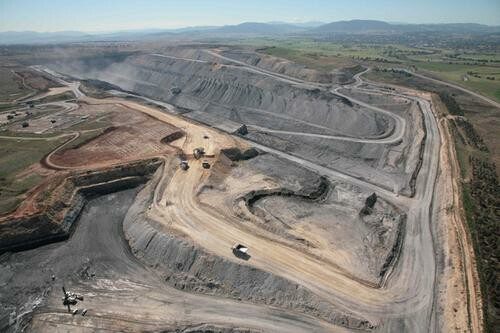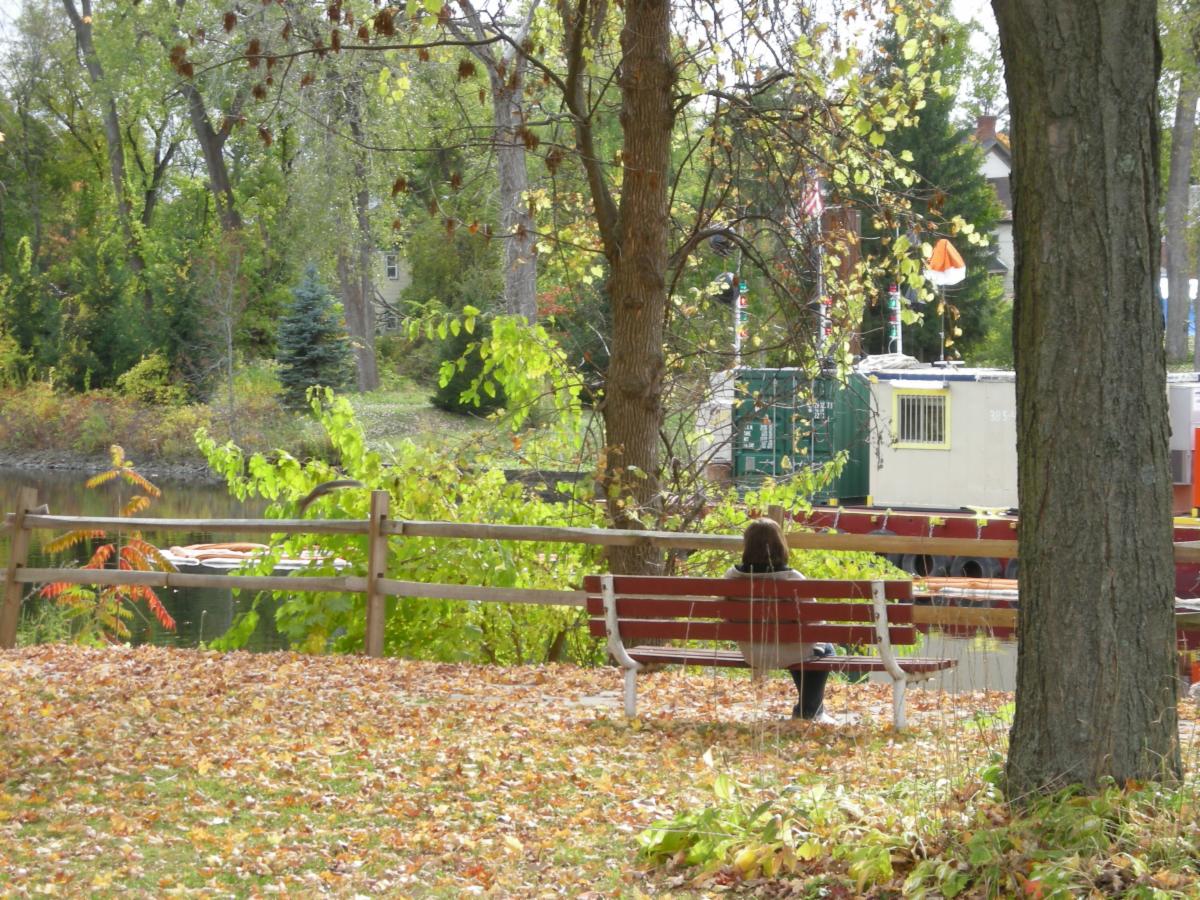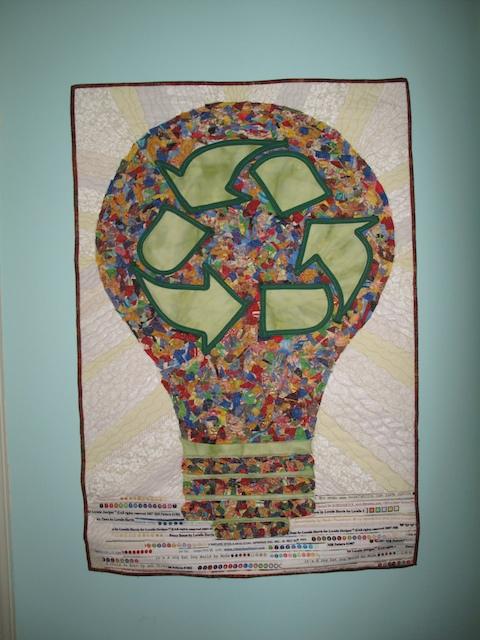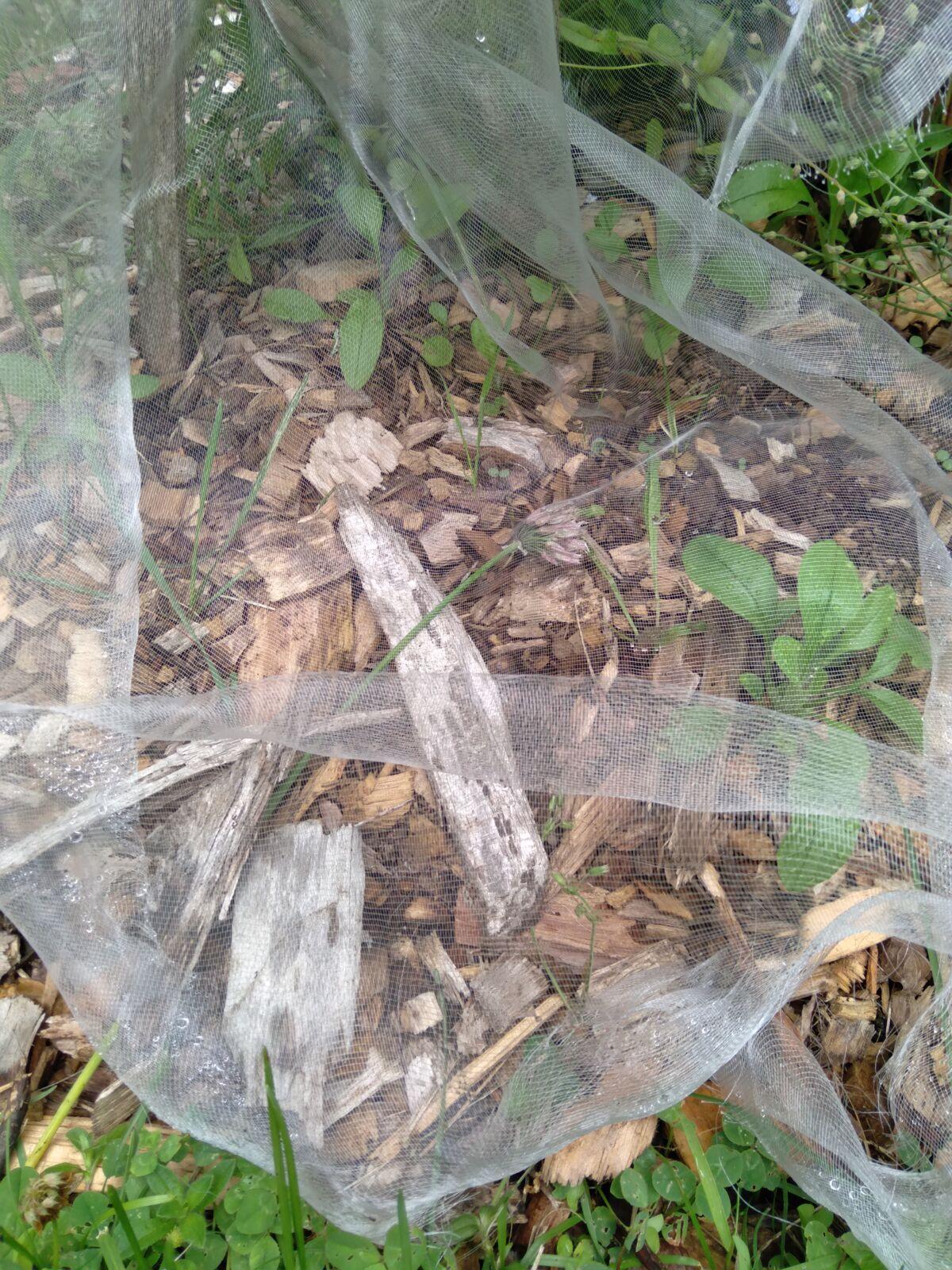
Open-seam coal mine, Hunter Valley, NSW, Australia. Photo by Alan Chawner
In 2004 the Australian philosopher Glenn Albrecht coined a term, solastalgia, to describe the emotional impact that loss of place has on the people who love it. Solastalgia means the pain experienced when there is recognition that the place where one resides and that one loves is under immediate assault. Albrecht crafted the word by combining part of the Latin word solacium (comfort) with the Greek root algia (pain).
Albrecht began thinking about the emotional repercussions of loss of place when people in the Hunter Valley near his home in Newcastle, New South Wales started contacting him in despair over the massive open-cut coal mining that was invading the region. They had reasoned that, since he was both an environmental activist and a professor of philosophy, he might be help them understand what was happening to them.
Albrecht immediately grasped the problem. Not so long before, Hunter Valley was known as the “Tuscany of Australia” for its rolling hills, dairy farms, and fertile vineyards. Now, more than 100 thousand acres of green and undulating land had been flattened, and in their place gaped gray pits as deep as city office buildings and as wide as small towns. Enormous vehicles bearing coal and equipment crept down roads that jutted like narrow shelves from the pocked walls of the pits all the way down to the bottom.
The identification of solastalgia validated an emotional response that had never before been distinguished from other forms of suffering: When the place you love is hurt, you hurt, too.
Acknowledging the fear, grief, shame, and despair we fear when the places we love are endangered has two positive outcomes:
- We release pent-up emotions and free the energy we’d spent to keep them contained and open up to new and creative responses.
- We gain compassion for others who have suffered the loss of their land.
Albrecht has remarked that, with the expansion of coal mining and, more recently, natural gas drilling, white Australian farmers have discovered a new compassion for Aboriginal people who have lost their homeland. “When I interviewed farmers affected by mining they would say, ‘I finally understand what Aboriginal people mean when they say when they lose their land, they lose their culture,'” Albrecht said. “These farmers, too, are being invaded, but by coal miners and gas frackers. They, too, are having their land destroyed. They finally empathize with this dispossession, this colonization.”
Image Credit:
- Open Seam Coal Mine: Owned by the author
MORE RADICAL JOY REVEALED
“There’s No Wounding Here”
Every now and then, around this time of year, in the weeks leading up to the Global Earth Exchange, someone emails to tell me they’d like to participate in our annual event of giving beauty [...]
Do It Though No One Notices
A young woman I know who lives in North Carolina considers herself an ardent environmental activist. She belongs to the Sierra Club and The Wilderness Society, works for an organization that runs therapeutic wilderness programs [...]
In Memory of a Cardinal
Radical Joy for Hard Times has always urged our members around the world to give attention and beauty to those places and beings that have meaning for them. It’s not necessary to seek out some [...]


